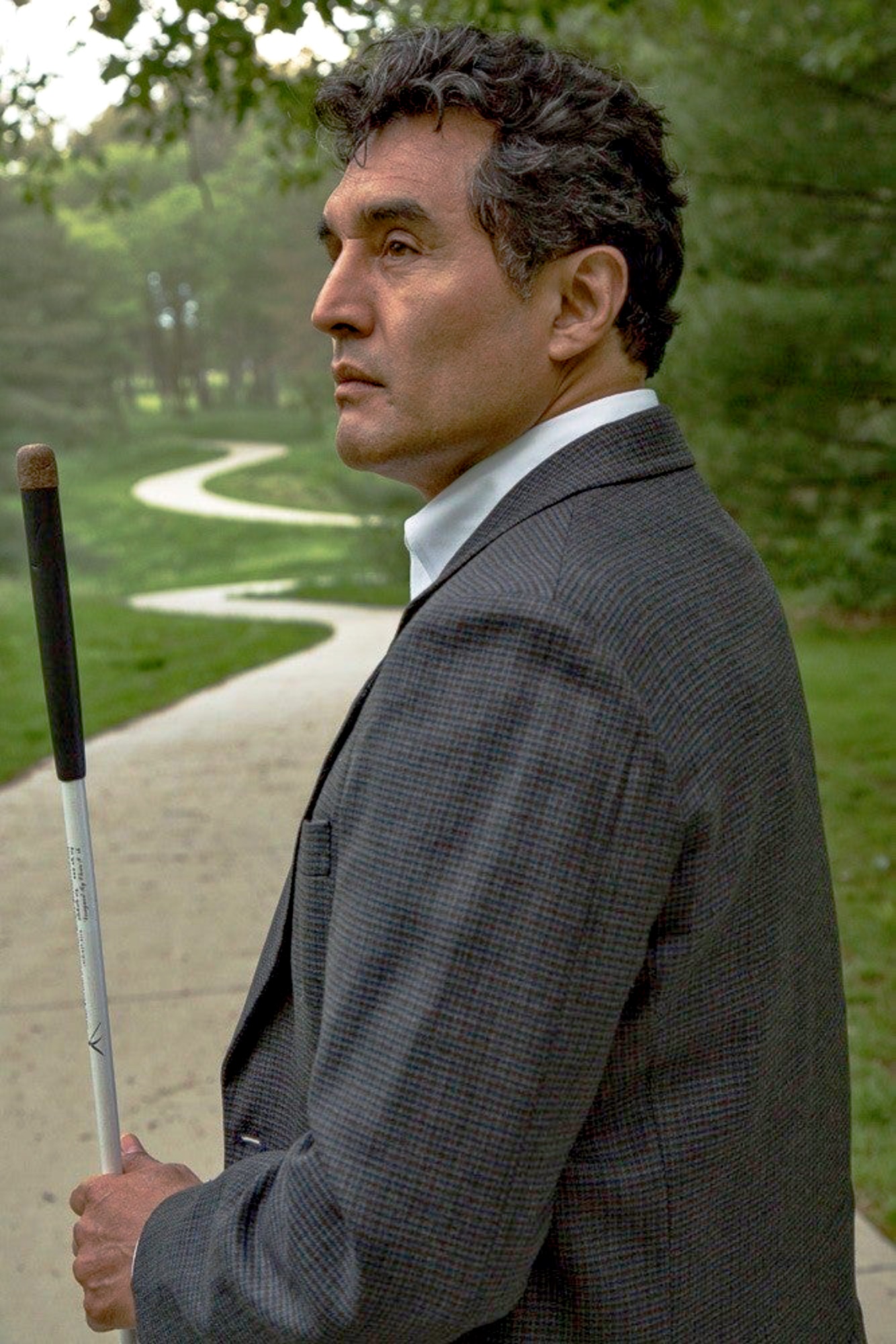Striving to remove barriers that prevent us from building Vibrant, Diverse, Inclusive, Accessible Communities!

Carlos Serván’s insights into Pre-Employment Transition Services (PRE-ETS) emphasize the importance of high expectations and quality training in preparing blind youth for the workforce. Too often, training programs fall short, failing to equip students with the non-visual skills and confidence necessary for success. Rehabilitation services must prioritize effective training that fosters independence, adaptability, and problem-solving skills. Striving to remove barriers that prevent us from building Vibrant, Diverse, Inclusive, Accessible Communities means ensuring blind youth receive the same opportunities to develop their potential and thrive in any career path they choose.
Serván’s personal journey is a testament to the power of proper training and self-determination. Learning blindness skills while also navigating a new language and culture, he understood firsthand the impact of strong training programs that build confidence and competence. His work developing nationally recognized transition training models highlights the importance of structured discovery methods, travel skills, and self-advocacy. These programs equip students with the mindset and tools they need to overcome misconceptions and navigate society with confidence. Our community-building efforts must center on ensuring blind youth gain these essential skills to lead independent and fulfilling lives.
Commissioner Danté Allen’s call to action reinforces the importance of raising expectations and focusing on real skill development. Just as Dr. Kenneth Jernigan transformed rehabilitation services by prioritizing rigorous training, today’s programs must continue that legacy. Blind individuals must master non-visual techniques, problem-solving strategies, and workplace readiness skills to ensure equal access to career opportunities. The success of blind people should not rely on chance but on well-structured training that instills competence and self-reliance.
Now is the time to strengthen rehabilitation programs by focusing on skills that matter. We must advocate for training that emphasizes independence, problem-solving, and confidence, ensuring that blind youth enter adulthood fully prepared to succeed. By fostering high expectations and equipping students with the right tools, we can build a future where blind people achieve success in every aspect of life.
Read the Full Article: Innovate to Elevate: Fostering Excellence in Rehabilitation Services for Blind Youth
by: Carlos R. Serván
Share or Print with:

